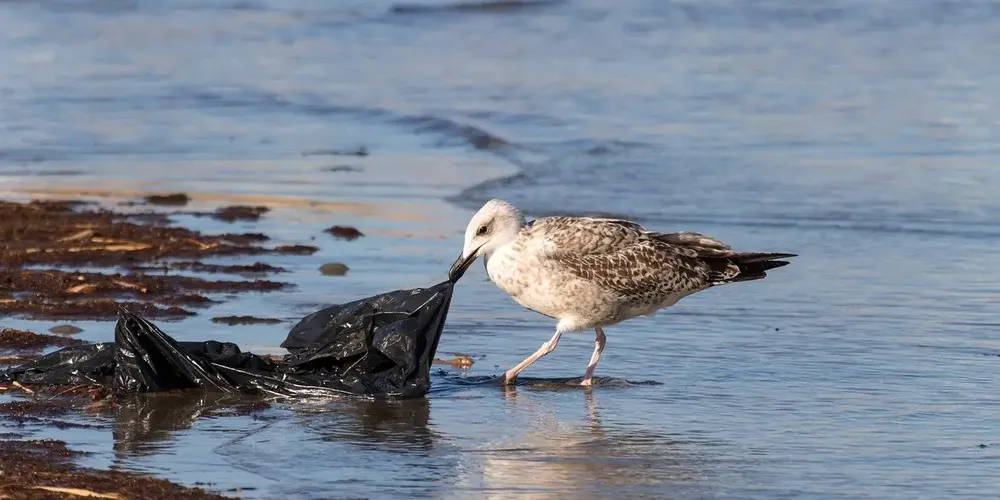
Fungi to the Rescue: Aspergillus Mold Breaks Down Stubborn Plastic Waste
Plastic pollution is a global problem, and polyurethane (PU) is one of the most challenging types of plastic to break down. However, scientists have discovered a surprising solution: a common mold called Aspergillus versicolor.
Researchers at Vellore Institute of Technology in India have found that this fungus can degrade polyurethane, a versatile plastic used in various products, from footwear to furniture. Their study, published in the journal Polymers, details how they isolated the Aspergillus versicolor strain from soil samples and tested its ability to break down PU films.
The team buried PU films in soil for a month and then isolated the microbes growing on the films' surface. Out of twelve different microbes identified, Aspergillus versicolor (ARF5) showed the highest degradation rate of 55%.
To maximize the fungus's PU-degrading potential, the researchers optimized the culture conditions. They found that the optimal temperature for degradation was 35°C (95°F), and the ideal pH was 6. Additionally, they discovered that adding ammonium sulfate as a nitrogen source and mannitol as a carbon source boosted the fungus's growth and degradation capabilities.
But how did they confirm that the fungus was actually breaking down the plastic? The researchers used several techniques, including a Sturm test, which measures the release of carbon dioxide, a byproduct of PU biodegradation. They also analyzed the treated PU films using scanning electron microscopy (SEM) and Fourier-transform infrared spectroscopy (FTIR).
The SEM images revealed that the fungus-treated films had a rough surface with numerous holes, pits, and cracks, indicating degradation. The FTIR analysis showed changes in the functional groups of the treated films, confirming the breakdown of the PU structure.
This discovery is particularly exciting because PU is a notoriously difficult plastic to degrade, and current methods for managing PU waste are limited and often harmful to the environment. By harnessing the power of fungi like Aspergillus versicolor, we may be able to develop more sustainable and eco-friendly ways to tackle this stubborn plastic waste.
While more research is needed to fully understand the degradation process and optimize it for large-scale applications, this study represents a promising step towards addressing one of the world's most pressing environmental challenges.
This work was published on the journal Environmental microbiome on 2024-05-15 with the title "Biodegradation of Polyurethane by Fungi Isolated from Industrial Wastewater-A Sustainable Approach to Plastic Waste Management" It is available at: 10.3390/polym16101411.